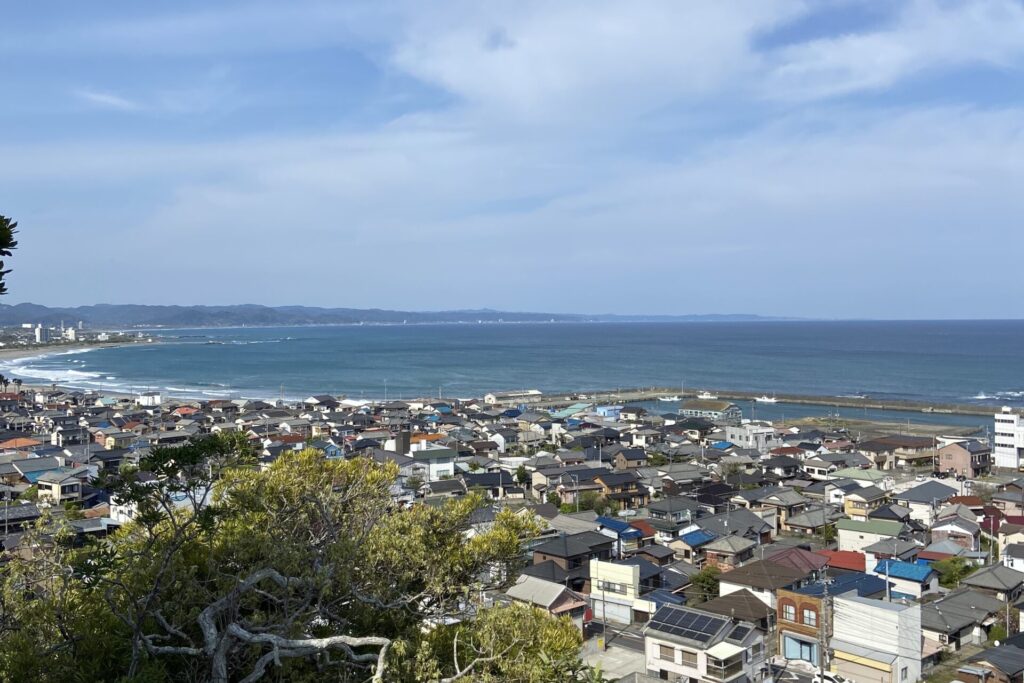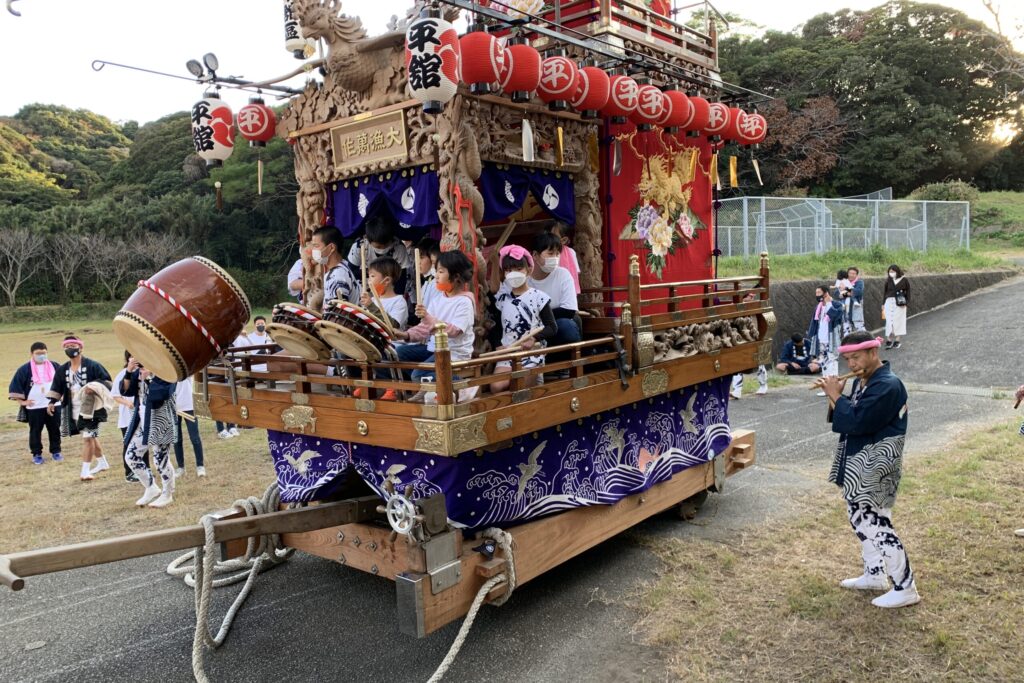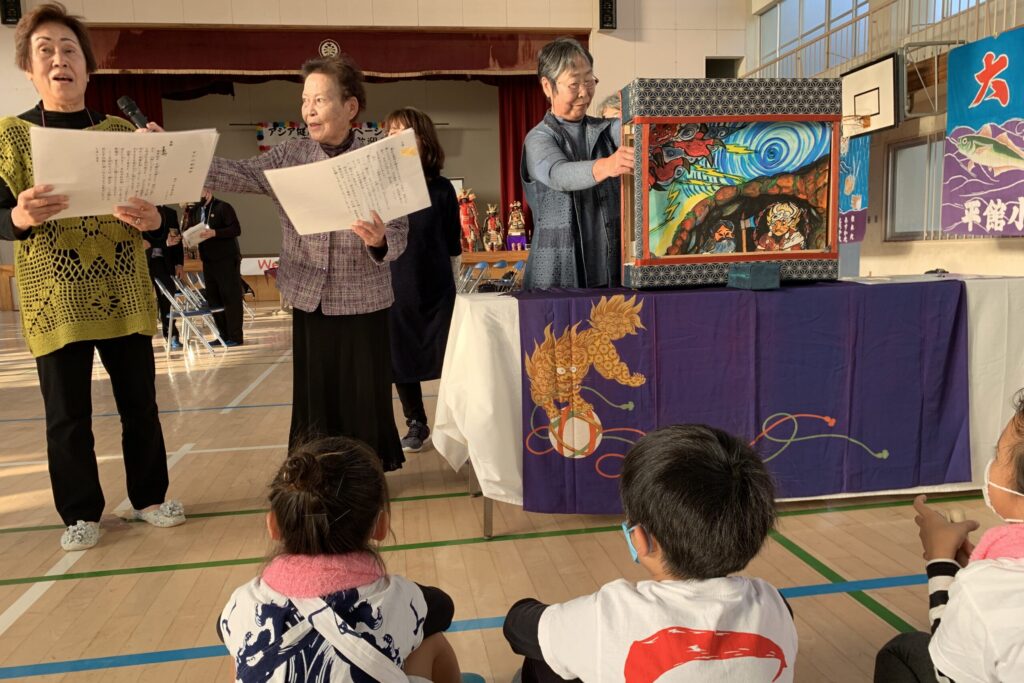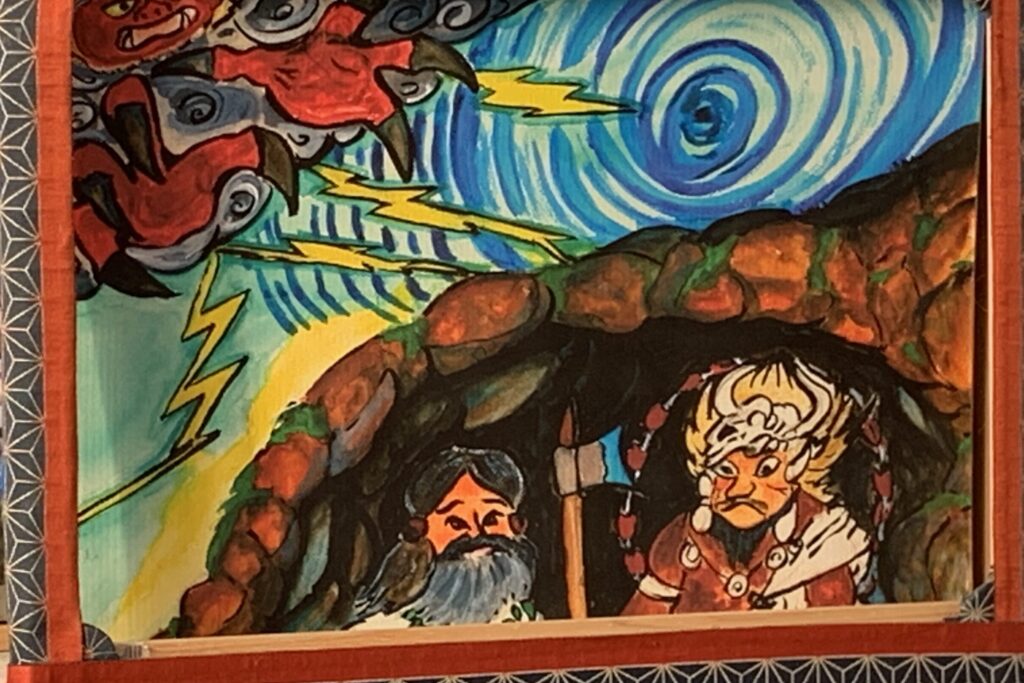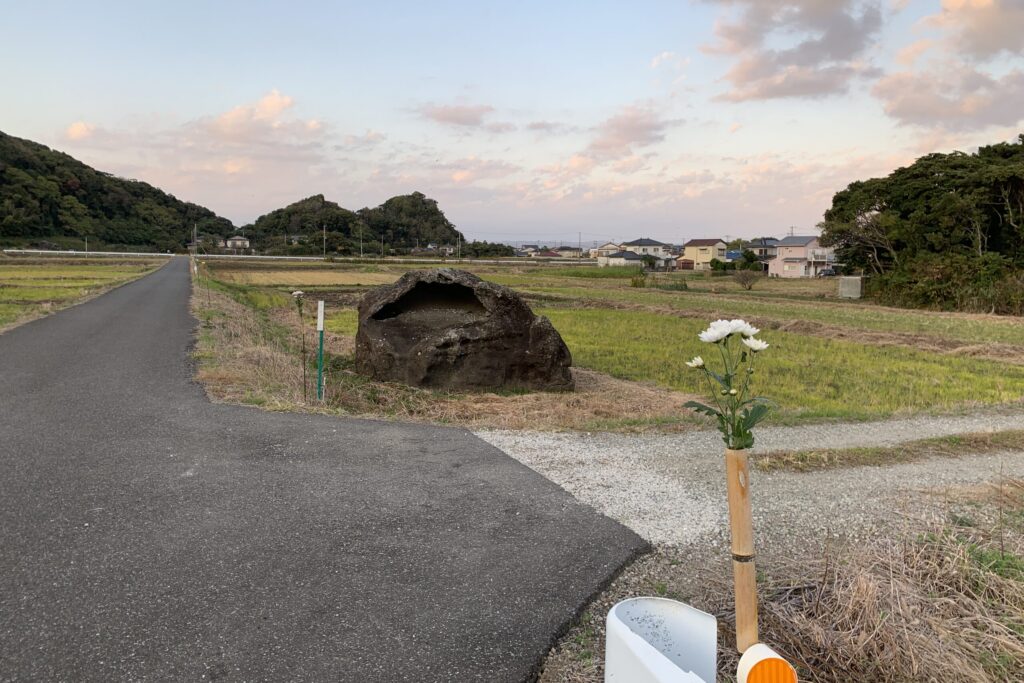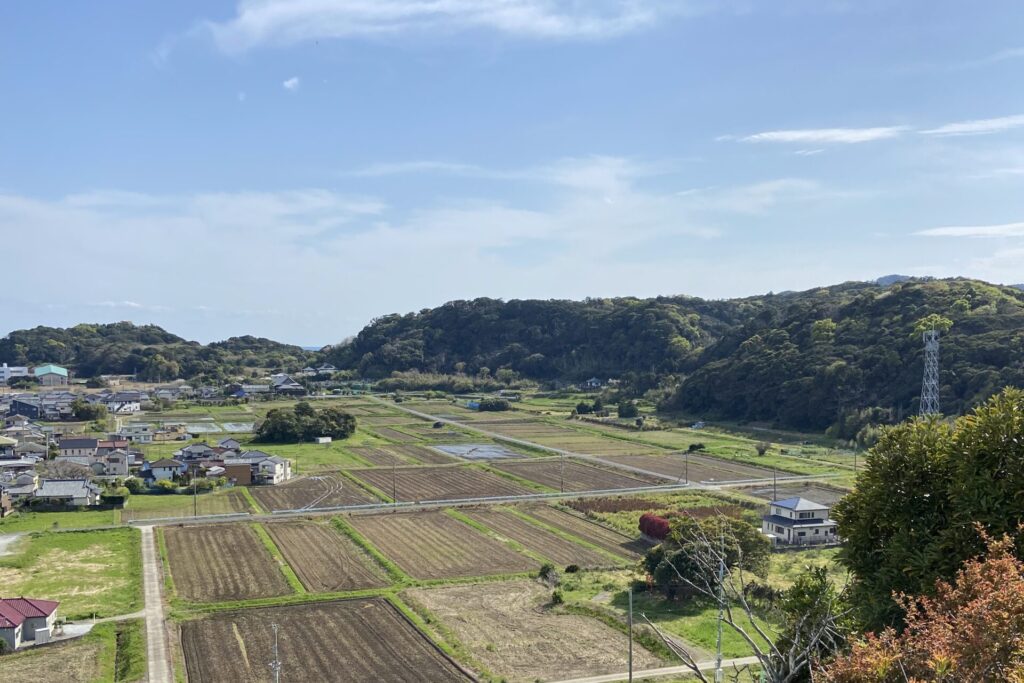2022 HAPI Japan Best Practice Winner
THE PROBLEM
The Hedate Ward of Minamiboso City is rich in local resources, with beautiful natural surroundings full of fields and mountains facing the sea. It used to be a port town, bustling with mackerel and saury fishing. The area is also rooted in mythology and has a long history of cherishing numerous traditional festivals.
In recent decades, however, the region suffered from depopulation, and the proportion of older residents rose to over 50%. As a result, it had become difficult to sustain the community and to pass on traditions and local events. Local leaders realized the need to utilize community resources and pass on traditions to future generations, but intergenerational communication was weak in Hedate and residents were not involved with local affairs. This lack of engagement in the community had an impact on older individuals’ health and also made it difficult to attract new residents or convince young adults to return to their hometown to raise their families.
THE INNOVATION
In 2008, the Hedate Tea Room was established to coordinate and promote cooperation among various local organizations. This organization, led from the bottom up and relying primarily on volunteers, has revitalized activities in the community, holding events such as early morning radio exercise programs, Bon Odori festivals, and mochi (rice-cake) making events. As a result, residents who had been reluctant to participate in local affairs gradually began to take an interest and take part in activities. Early morning radio exercise programs in particular have contributed to a regular healthy lifestyle and a greater sense of community.
A kamishibai (paper theater) group was formed, mainly consisting of older residents. The group creates picture-story shows, such as Hedate Konjaku (Hedate of yesterday and today) that feature colorful illustrations. The group’s members narrate the tales to pass on the local culture and folklore to the younger audience. This storytelling by the older residents provides a stage for them to realize a positive self-identity and a valued role in society.
Another effort in the revitalization of the community has been to set up a YouTube “Hedate Channel” to air information about the community. The videos provide timely updates on the local community to those who are unable to return to their hometowns, and they introduce the history and attractions of Hedate to people in and outside of the community. It also allows participants to rediscover the attractiveness of their local community and helps them objectively discern and disseminate information as they think about the next good topic. Furthermore, Hedate Channel Association organizes activities for people to gather and revitalize the beautiful nature around the community. Members maintain old roads, do weeding, cultivate rice in abandoned farmlands, and makingshimenawa (sacred straw ropes) for shrines.
While the activities are selected and led by the older residents, they have received support from various sectors, including not only the local government, but also the Chiba University Hospital Patient Support Department, which offers advice on information dissemination in community-based integrated care centers and support for YouTube-related activities; the Matsunaga Clinic, which offers advice on the activities of the Hedate Tea Room and provides participation of doctors and medical consultants; and the Tomiura Econmuse Study Group, which helps with the paper theater production.
LINKS
Instagram: @hedatechanneru


